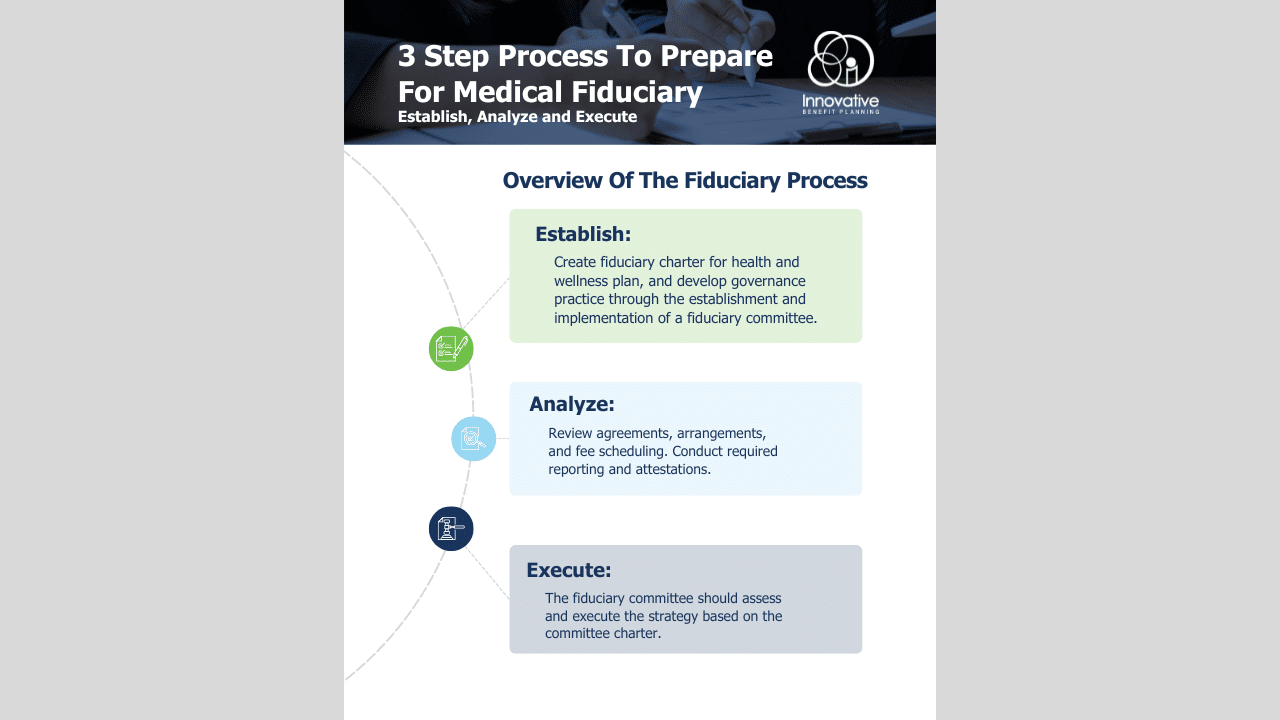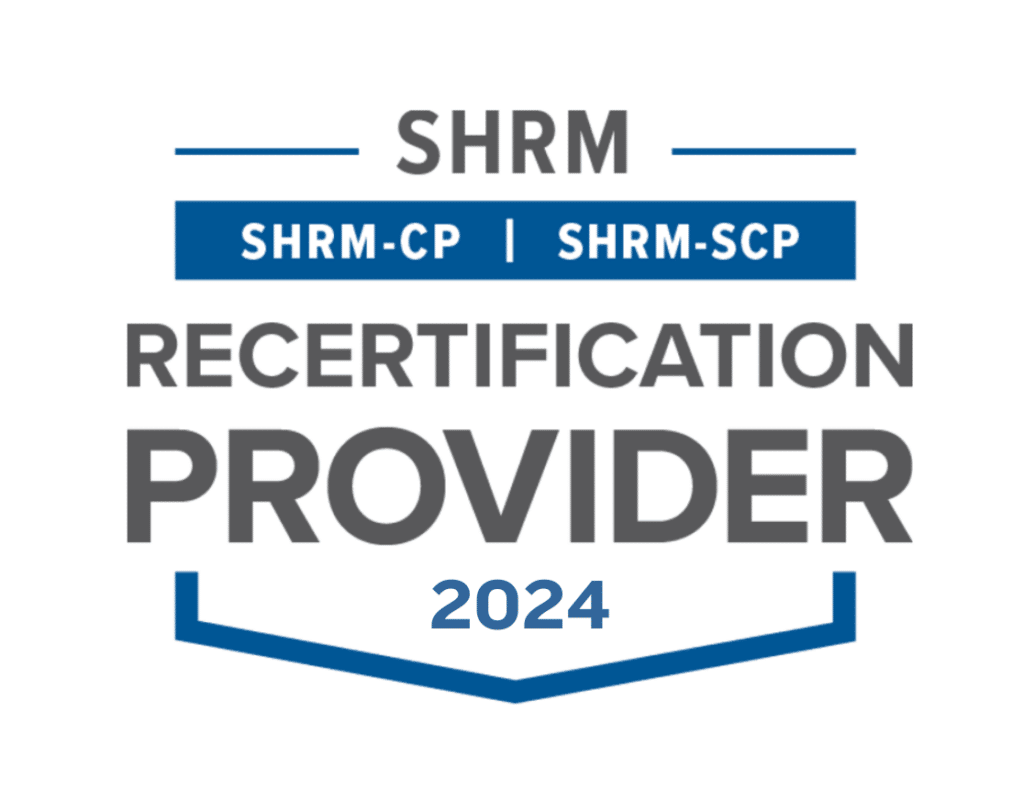On June 30, 2014 the U.S. Supreme Court issued a decision in a case generally referred to as the Hobby Lobby case. Hobby Lobby is a family-owned for-profit corporation. The family that owns Hobby Lobby strongly believes that it would violate their deeply held religious values and obligations to provide coverage for four of the types of contraception that non-grandfathered plans must cover as preventive care. (The four drugs — two types of IUDs and two types of “morning after pills” — operate in a manner that violates their belief that life begins at conception.) Hobby Lobby sued HHS on the basis that the requirement to cover these contraceptives violates the Religious Freedom Restoration Act of 1993. The Court held that:
- Because Hobby Lobby is closely held it can have religious beliefs even though it is a corporation.
- HHS can achieve its aim of providing no-cost contraception to employees and dependents in another, less intrusive, way, such as by directly covering these costs for employees who work for companies with religious objections to covering them, or by using a certification of religious objection similar to the process currently being used for non-profit religious organizations.
As is often the case with Supreme Court opinions, the next steps have not been specified. It is unclear whether HHS will offer for-profit corporations that have a religious objection to covering some or all contraceptives an opportunity to shift the responsibility for covering these items to the insurer or third-party administrator (TPA), as it is currently doing with non-profit religious organizations, or if the federal government will provide a process to directly cover these costs for employees of employers like Hobby Lobby.
It is also unclear whether a certification that shifts responsibility to an insurer, TPA or the federal government will be an acceptable accommodation to companies like Hobby Lobby. A number of religious organizations have filed lawsuits challenging the HHS certification process as still requiring too much participation in offering the objected-to items. It is likelythat the Supreme Court will consider these cases in the next year or two.
This decision affects group health plans differently based on their situation:
- Plans sponsored by religious employers (generally churches) that have religious objections to covering contraceptives need not offer coverage for contraceptives at all.
- Plans sponsored by non-profit religious organizations that have religious objections to covering contraceptives (such as church-affiliated hospitals and educational institutions) must complete the HHS certification form to shift responsibility for providing this coverage to the insurer or TPA (unless the plan is an actual party to a lawsuit against HHS for which a court has issued an injunction).
- Plans sponsored by closely held for-profit corporations that have religious objections to covering contraceptives most likely can suspend that coverage until further guidance is issued by the federal government.
- Plans sponsored by for-profit corporations that are not closely held must cover contraceptives unless they can demonstrate that the corporation (or perhaps its majority owners) holds a sincere religious belief that would be violated by covering contraceptives.
- Grandfathered plans are not required to cover preventive services, including contraception, and therefore are not affected by this decision.
“Closely held” is not defined in the decision and its definition varies by the situation, but generally a closely held corporation has just a few owners and its stock is rarely publicly traded.











